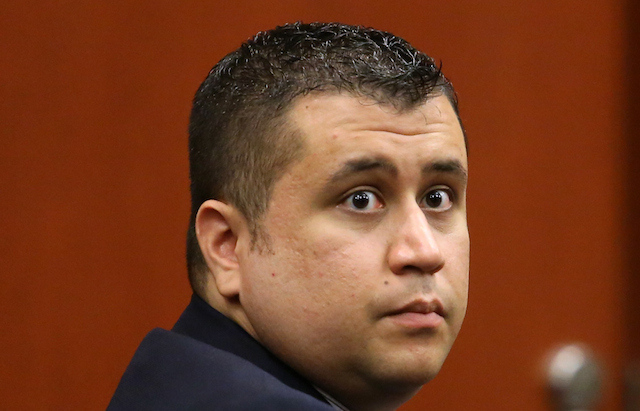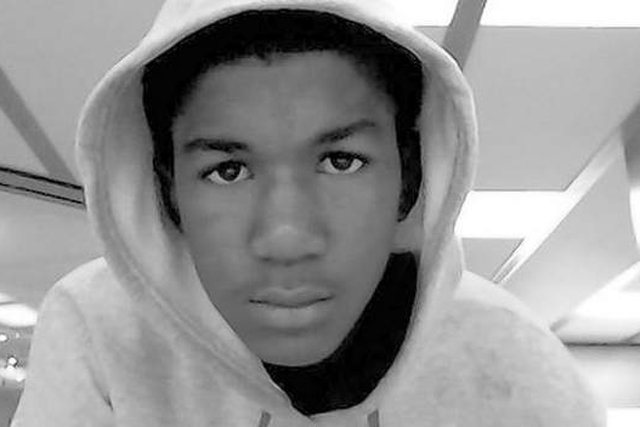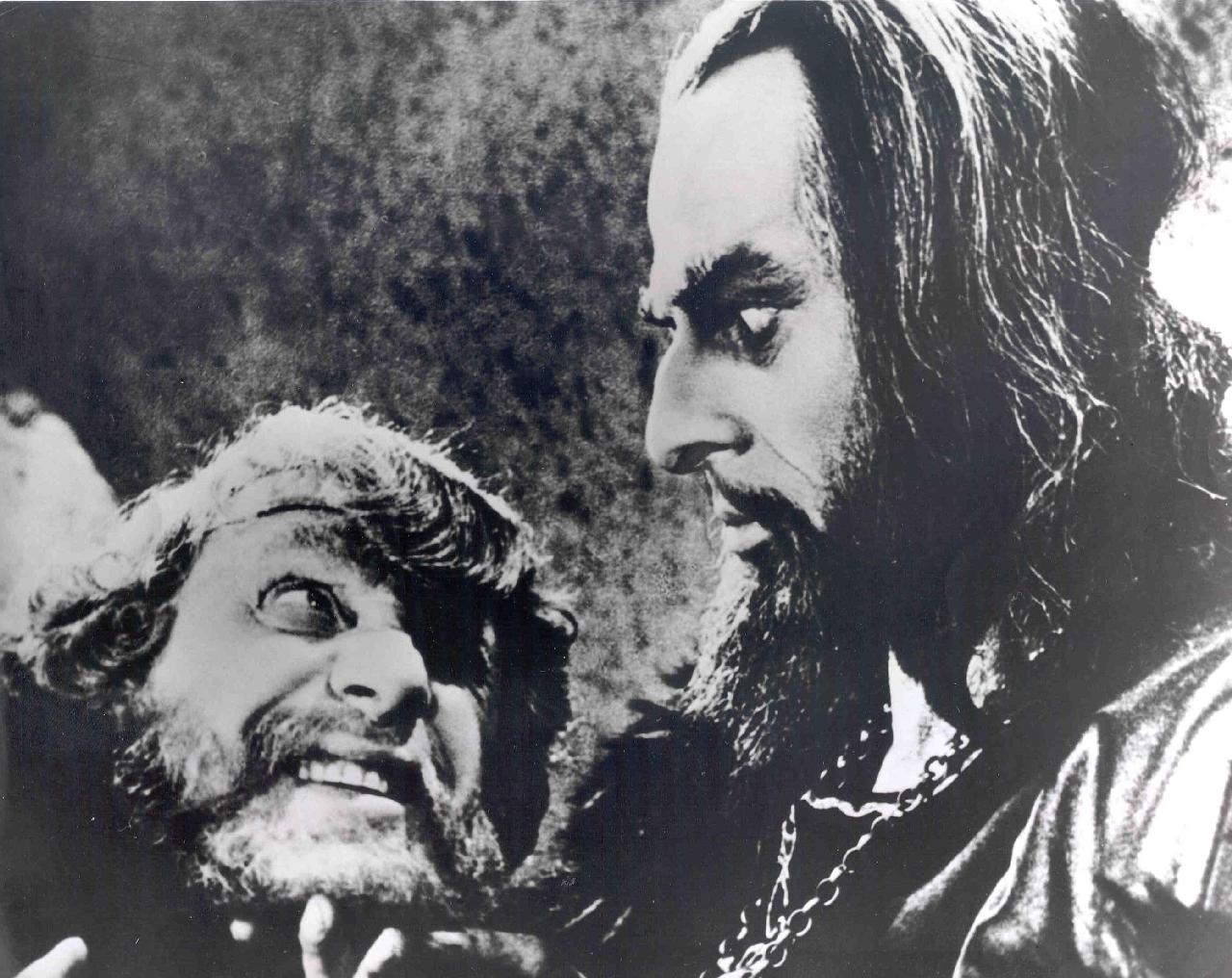
|

|
Monthly Archives: July 2013
Sum Ting Wong
I was telling an old pal of mine the other day about the wonderful pwning of KTVU in San Francisco. You’ve heard the story, though oddly she hadn’t — oddly, because she’s usually pretty au-courant. If you haven’t heard, KTVU called up the NTSB after the Aseana crash to ask the names of the flight crew. They ended up in the merciless hands of some prankish summer intern, were given the list of improbable names shown above, and solemnly repeated them on-air, carefully overpronouncing each one(*).
The best part was when they got to Ho Lee Fuk: they pronounced the last syllable
to rhyme with ‘kook’, that is, with a long yod-less ‘oo’ vowel, the ‘u’ of Italian ‘Udine’.
Naturally I thought this was the funniest thing ever, but my friend did not.
You know what she said, don’t you? Of course you do:
“That’s… racist!”
I didn’t argue the point, but I don’t agree. The somewhat juvenile fun of making English phrases that sound vaguely like Chinese (or Korean) names may not be terribly respectful to these ancient and venerable cultures, but it’s not connected with any theory of round-eye superiority, or any practice of keeping Asians in their place.
The Nazis were racist. The Klan were racist. The Zionists are racist. “Ho Lee Fuk” is Beavis and Butthead. The joke is not on the Chinese or the Koreans. The joke is on the station.
This is one of the reasons for my recent dislike of the term ‘racism’: its nebulous over-broadness. It used to refer to something pretty specific. Now it’s been stretched to cover tasteless coarse humor.
Of course this all brings me back — as so much does, these days — to Trayvon Martin and George Zimmerman. If you’re inclined to see racism underlying the outcome of that story, I’m less inclined to disagree with you than with my friend who was upset by Ho Lee Fuk.
Yet at the same time I feel there’s something perseverative and dug-in about speaking of the ‘persistence’ of racism.
“We’ve come so far, but not far enough.” “We’ve done so much, but there’s more to do”. In one way these are undeniably true observations, but stating the problem in these terms fails to do justice to the severity of the problem. It’s not that we face a weakened, but still powerful, familiar opponent. It’s that we face a new, and very powerful, opponent, and we don’t yet have the right toolbox of terms and concepts to describe what he’s doing, much less deal with him. We persist in mistaking him for his grandfather.
I have a length limit on posts, so I’ll leave it at that for today. More to come.
———————
(*) It’s become rather difficult to find a clip of this wonderful moment online; the station has invoked the DMCA to get the Youtubes of the world to take it down. This too is perfect, isn’t it: censorship through property rights.
Unde hic — et sim.?
Full disclosure: The George Zimmerman verdict surprised me. It surprised a lot of other white folks too. As far as I can tell, it didn’t surprise any black folks. This is a seriously important data point.
It comes at an awkward moment for me, since I’ve been inveighing recently against ‘anti-racism’ (particularly of the hucksterish Tim Wise variety) as a political strategy. Was I wrong?
Of course not. That goes without saying. Never happens. But I’ve been doing some head-scratching all the same.
I tend to think of racism primarily as an ideology; and on that level, racism is dead. Next to nobody is willing to say he’s a racist any more, but a few decades ago that would have been a quite different story. Very few people are willing even to articulate the old Herrnstein-Jencks bellcurve bullshit any more. It’s just not respectable. Oh there are probably a few old fools who still believe it, but they know better than to say it.
Nevertheless, it’s hard to believe that if Trayvon had been paler than George, the outcome would have been the same.
The jury consisted of six more or less ‘white’ people — people who would no doubt describe themselves as such.
(As it happens, they were all also female people, a fact now enshrined in the crisp phrase ‘six white women’. There is a certain drollery in this. Does anybody suppose that if there had been a few ‘white’ men on the jury the verdict would have been different? — But that’s a hypothetical; and since I never answer them, I shouldn’t ask them.)
The police did everything they could to sweep this matter under the rug. Forced to prosecute by public indignation, the prosecution did a lousy job, essentially ceding every legal point to the defense. The judge gave a grossly slanted charge to the jury, and of course the jury was stacked. One has to ask oneself: How far are we, really, in practice, from the days of Jim Crow?
Clearly, the answer is, Not as far as we would like. Yet at the same time I want to argue that our foe is not the old foe. We sometimes underestimate how Protean and shape-shifting the organs of domination are.
Racism is such a capacious term that it’s hard to say even what it means. But let’s run with it for a moment.
Does racism persist? Or is it continually re-created? Is it now the same thing in a different guise, or a different thing in the same guise?
Do our rulers still need to segregate? Or do the mechanisms of domination now simply take opportunistic advantage of a segregation that actually exists? Is there some reason why black folks need to be the ‘other’ of choice for smug, isolated pig-ignorant boy-in-a-bubble nincompoops like the infamous Juror B37, or is that just the path of least resistance? Would Muslims do as well? Even as we speak, experiments are being conducted, and though it’s early days yet, the results are encouraging.
After the Zimmerman verdict, it’s kinda hard to say there’s no such thing anymore as racism. But is this racism an autonomous, self-subsisting thing? People often speak as if it were, but I’m skeptical.
More to come on this topic. It’s keeping me awake at night.
No peace — on Facebook, anyway
Strong opinions were prevalent and as a result more people hit the unfriend and block buttons in [sic] any day in Facebook’s history. Said [Facebook front man Marc] Zuckerberg, “Everybody had something to say about Sunday’s verdict. Charges of racism were thrown around at everyone. Tempers flared and a lot of connections and ties were severed. It was even worse than the day the Casey Anthony verdict was announced. It really makes you wonder what would have happened if Facebook were around in 1995 when the O.J. Simpson trial reached its conclusion.”
I always thought Zuckerberg was more or less an idiot, and this certainly confirms it. Everybody! Everyone! Even worse! A lot of connections!
Aren’t tycoons supposed to be, like, good at numbers? Could we have some stats, Boy Genius?
But I’m sure it’s all true, and it delights me. I love it when things are divisive, even if it’s too hot to go wild in the streets.
Which would, of course, be preferable.
No justice…
Laughter in the Kremlin?
I know, I know, y’all are all such Bolshies that you can’t take any interest in the Snowden story. Nothing structural about it. But since I am such a giddy frivolous mayfly, I am loving it.
One thing that I’m loving is our way-cool, laid-back President who assured us that he wouldn’t ‘scramble any jets’ in order to put a ’29-year-old hacker’ into the Bradley Manning oubliette.
And then of course he did just that — directing our loyal clients to force Evo Morales’ plane to land in reliable Austria, on the mere suspicion that the 29-year-old ‘hacker’ in question might have been aboard. And of course the various stooges complied.
This was a pretty extraordinary move. It made a lot of people in Latin America hopping mad. You might think that somebody in one of the staff meetings coulda raised this question: Is it worth it?
If somebody did, she or he was overruled. This is as clear evidence as you wish for the essential lunacy of the imperial mind-set. Pissing off a whole continent is inconsequential, but it’s really important to punish a rogue employee.
* * * * *
At least Nixon and Johnson were tortured souls, which suggests they had souls. Obama appears to be perfectly comfortable being a sanctimonious Tartuffian dog-faced liar. It doesn’t seem to bother him. There’s a word for this condition: psychopath.
Snowden’s own remarks from Moscow yesterday were, as usual, cogent, accurate, insightful, and pithily expressed. How I love the guy; and it’s not just the haircut, which one of his Russian admirers remarked upon. Though it is a pretty good haircut, by my (and Russia’s) admittedly low standards.
Snowden took the rhetorically effective line that the people trying to arrest him for breaking the law are, as it happens, international criminals themselves. I couldn’t care less about the law, myself, national or international, but this is kind of a fun high-ground strategy, and he has a point.
How I hope Putin decides to poke a finger in Uncle’s eye and give Snowden the asylum he asks for. Oh yeah, I know, Putin’s an awful guy, and Russia is a Mafia state, yadda yadda. All true, no doubt. But y’know what? I don’t care. That’s how anti-American I, for one, am.
See? Change!
Above, Caliban looking in the mirror, and not raging. Just to continue the Tempest theme.
A majority of U.S. registered voters consider Edward Snowden a whistle-blower, not a traitor, and a plurality says government anti-terrorism efforts have gone too far in restricting civil liberties, a poll released today shows.
Fifty-five percent said Snowden was a whistle-blower in leaking details about top-secret U.S. programs that collect telephone and Internet data, in the survey from Hamden, Connecticut-based Quinnipiac University. Thirty-four percent said he’s a traitor….
The poll also showed that by 45 percent to 40 percent, respondents said the government goes too far in restricting civil liberties as part of the war on terrorism. That was a reversal from January 2010, when in a similar survey 63 percent said anti-terrorism activities didn’t go far enough to protect the U.S. from attacks, compared with 25 percent who disagreed.
“The massive swing in public opinion about civil liberties and governmental anti-terrorism efforts, and the public view that Edward Snowden is more whistle-blower than traitor, are the public reaction and apparent shock at the extent to which the government has gone in trying to prevent future terrorist incidents,” said Peter Brown, assistant director of Quinnipiac’s polling institute….
“The verdict that Snowden is not a traitor goes against almost the unified view of the nation’s political establishment,” Brown said….
The poll showed both Democrats and Republicans about evenly divided on whether government counter-terrorism measures have become excessive. Independent voters view the methods as having gone too far by 49 percent to 36 percent….
“It would be naive to see these numbers as anything but evidence of a rethinking by the public about the tradeoffs between security and freedom,” Brown said.
As pollsters go, I’ve always rather admired Quinnipiac. They don’t seem to stack the deck the way a lot of other pollsters do — sneaky ways of phrasing the question, tendentious contextualizations.
Some interesting stuff here. The gender gap was fascinating. What’s that about?
And of course I love the fact that self-identified Republicans and Democrats can’t figure out whether a police state is a good thing or not, whereas those who adhere to neither of Orthrus’ heads seem to be well ahead of the duopoly zombies.
Oh, and it’s worth noting that this poll was apparently confined to registered voters, who are of course by definition more brainwashed than their non-registered counterparts.
Update:
Greenwald is being quite wonderful on all this. I unreservedly retract anything snarky I may have ever said about the guy. I even forgive him for being a lawyer.
The piece linked above mentions a couple of Democratic Party fanboi sites — including my old favorite, Daily Kos — where the souphounds are baying for Snowden’s blood:
The latter, especially, makes truly hilarious reading, if you’re cruel enough to read the comments, and take a Cervantean pleasure in imbecility. Teaser: just exactly what does it mean to “drain a hard drive”? Many, many answers are offered to this poser, each more ignorant than the last.
Quomodo ceciderunt
When I first came to New York, in 1978, the place was a shambles. My favorite graffito from the period read, ‘Will the last person to leave New York please turn off the lights.’ This louche silver-age postdiluvian feel suited me fine.
I spent a lot of time, in those days, in the building that everybody thinks of when they think of the New York Public Library: the grand Beaux-Arts Astor/Tilden/Lenox palazzo at Fifth Avenue and 42d Street, a cross between the Baths of Caracalla and the Palais de Versailles.
It was shabby, behind the grandeur. All the librarians had been there since the Pleistocene, and the only way to get a civil response from them was to ask a question they hadn’t heard before. They were almost indecently grateful for something new.
There was no air-conditioning. None. The frescoed ceilings were rotting away, and little flakes of paint — no doubt highly toxic — would land on your head as you bent over volume 103 of Migne, trying to decipher Chrysostom’s Greek under the mildew on the pages.
Books were brought up from the souterrain on a clanking conveyor-belt system, dating, I would guess, from the 1920s, and your call slips went to the hellions below in a pneumatic tube.
Neverthless, volume 103 of Migne, foxed and moldy as it was, always showed up, after half an hour or so. And above the entrance to the main reading room were carved, in faded gilding, old Johnnie Milton’s wonderful words:
Many a man lives a burden to the earth, but a good booke is the pretious life-bloode of a master spirit, embalm’d and treasur’d up on purpose to a life beyond life.
How it lifted my own spirit — not a master-spirit, but a susceptible one — to see that. Every time.
The words are still there, and they’ve even been brightly, glaringly re-gilded, but they’re a mockery now. The books, like Elvis, have left the building.
Oh, there might be a few thousand left. If you request a book that everybody else wants to read, you’ll only have to wait until a couple of other people are finished with it. But if you want volume 103 of Migne — or anything equally recherche — you will be told that the book is ‘offsite’. You’ll be told to put in a request for it, and come back in a week or so — if they can find it in New Jersey, or wherever it’s been sent. And as often as not, they can’t.
In any case, after a week, you don’t need it any more.
It’s going to get even worse, or so I’m told by the Chronicle Of Higher Edumacation:
As of today, New York’s great public research library stands virtually empty of books, its seven levels of recently refurbished steel stacks supporting the magisterial Rose Reading Room but just days away from removal, at a price publicly unrevealed and perhaps not yet precisely known even to Marx and the trustees. Indeed, The Wall Street Journal recently quoted one of the engineers hired to remove the stacks as likening his task to “cutting the legs off the table while a banquet is taking place.”
I’m not quite sure how a room can be ‘magisterial’, but what do I know? Anyway, the writer of this piece is on the side of the angels.
There were lots of un-lovable things about the old decadent degenerate New York, but the glossy new shell, with nothing inside, is not an improvement.
The courtroom, the nuptial chamber, the voting booth
So there’s good news and there’s bad news. The good news is that anybody can marry anybody in a lot of places now, regardless of his and/or her abdominal plumbing, should the anybodies choose to do so for whatever reason.
Many people I know are very happy about this for very sound and concrete reasons: the love of his life is now covered by his insurance, for example; the love of her life can now live with her in the US, and need not fear deportation. These are not small matters. Those who are happy about it, I’m happy for them.
The bad news is that it’s awful when anything good comes out of the courts. It encourages delusion on the subject. People need to get it through their heads that the courts are fundamentally a reactionary institution, and judicial review of legislative enactments is grossly undemocratic.
Fortunately good things from the courts are rare, and the Supreme Court amply confirmed the characterization above, in every other decision it recently handed down. The most gross and (to many friends of mine) the most shocking was its green-light to the states to disenfranchise black folks.
Which is, to be sure, pretty shameless. But it’s surprising how selective people are in their indignation on this subject. Mass disenfranchisement has been a routine and ongoing process for years. The Original Sin, of course, is the exclusion of non-citizens, but nobody much seems to be bothered by that; more recently, the exclusion of convicted (or rather, plea-bargained) felons is equally uncontroversial. But in a country which routinely imprisons a far larger proportion of its people than any other, and imprisons black folks much more often than white ones, the felon clause disenfranchises a lot more black folks than Federal oversight keeps on the rolls.
Of course, since I think voting is a hollow charade anyway, I can’t get too worked up about disenfranchisement.
You might argue that disenfranchisement is one of the reasons why voting is useless. Perhaps you’d have a point. I really wonder, though, whether access to the ballot in itself really did anything substantial to better the lives of black people; one would like to see that case made. Certainly the pathetic, toothless, sellout Congressional Black Caucus doesn’t constitute much of an advertisement for the empowerment of black voters.
Other legal provisions, e.g. about discrimination in employment, certainly made a difference, though not as big a difference as one would like — the stats are still pretty dismal. But voting? I have me doubts.
Oddly enough, one of the few kinds of voting for which I have any use at all is the ballot initiative, much loathed by liberal policy wonks for the mischief it allows the public to commit against the orderly processes of technocratic administration and institutional aggrandizement. So there is a certain sour irony in the fact that gay marriage in California is entirely and purely a matter of government by court, against the clearly expressed will of the state’s benighted public.
This poses — or ought to pose — a question for liberals: do you want democracy, or do you want certain policy outcomes dear to your heart? You’re unlikely to get both.








